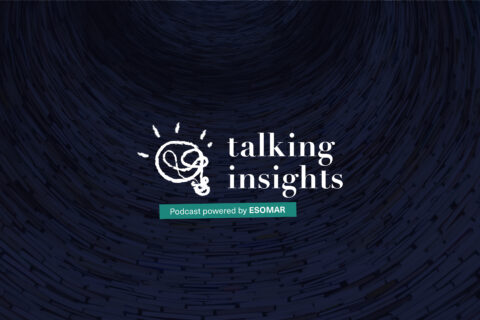The lives and livelihoods of individuals across the world are currently experiencing unprecedented disruption due to COVID-19. What’s unique about this moment in history is that the entire world is experiencing a transitionary period, one where no country has been left unscathed. While the level of disruption varies per industry, all are adapting to changes in their spaces, whether positive or negative. Industries also feel that they don’t have a clear view on how people’s lives will evolve in the near future
Personally, I’ve attended many marketing and research webinars. The early studies on the impact of the pandemic garnered huge interest, as by human nature we feel the need to fill the gap of disparity in our understanding. Various angles sought to identify and answer changes in human behaviour. Though as more and more studies were published similarities emerged, and interest dwindled.
Our research industry has been at the centre of garnering knowledge on the shifts in consumer behaviour, both proactively and reactively. Given that many countries implemented lockdown measures to control the pandemic’s spread, subsequently slowing down many things, provided us the opportunity to self-reflect as an industry? Don’t get me wrong, we needed to identify, understand and share with society the shifts that were emerging. At the same time, we’ve had to adapt our methodologies, in seeking to remain relevant and avoid huge economic implications. However, considering the slowdown from the usual flurry of activities, this should be the optimal time for us to reflect on our current trajectory, seeking to further improve?
Behavioural science has constantly revealed that much of what we do is beyond our conscious awareness, shaped by our past experiences and environments. It’s constantly been proven that we typically get swept into the raging current of daily life and automatically react to a situation instead of consciously responding to it. Blame it on our lightning-fast limbic system. This ancient, reptilian part of our brain is typically the first responder to stress, causing us to automatically react instead of skilfully responding from our prefrontal cortex, the seat of higher-order reasoning. Aware and knowledgeable of this facet, shouldn’t we be placing greater consciousness on our responses during these unpredictable times? The fact that this pandemic has occurred and impacted the world when we least expected it, given the results we see from both economic indicators and behavioural changes, bears testimony for us to be more mindful in our views and approaches to its consequences.
Renowned author and columnist Arianna Huffington often alludes to the point that, mindfulness creates a moment of pause between a stimulus and a response. This pause gives us the space to see a situation clearly and choose a response. We, as an industry, have been filling our calendars with a flurry of activities during this period. To some extent, this may have prevented us from having time to fully reflect. In as much as some studies have had to be adapted to new methodologies, this has mainly been through our ingrained reactions. Mindfulness doesn’t necessarily change what’s happening around us, rather it changes our relationship to what is happening.
Resultantly, mindfulness helps us disembroil ourselves, see the situation with clear eyes, and wisely adjust and respond instead of automatically react. We’ve all had to adapt to new technologies across our work and personal lives, highlighting that if we’re mindful of trying new things, digital can enable change at an even greater pace. This emphasises the need for us to be more mindful and agile in our natural quest to find the new normal, combining both past experiences and conscious efforts.


